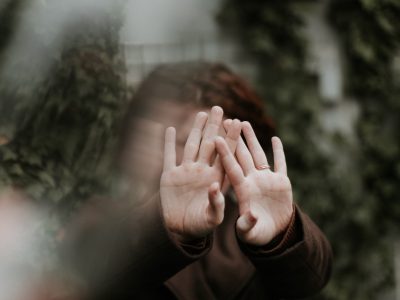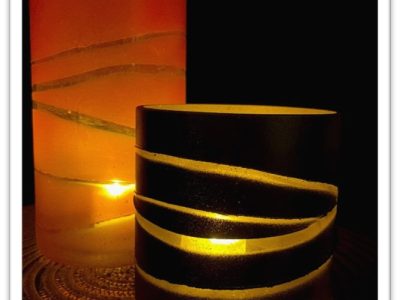Farewell Greetings
By Colonel Donna Igleheart Dear Friends, I greet you today in the wonderful and lovely name of Jesus. I pray that your summer has been blessed with sun kissed days, …
Salvation Army USA Western Territory Women's Ministries

By Colonel Donna Igleheart Dear Friends, I greet you today in the wonderful and lovely name of Jesus. I pray that your summer has been blessed with sun kissed days, …

Ever since seeing the Disney Movie Pete’s Dragon (the original one from the 1970’s) I always thought it would be fun to live in a lighthouse. Lighthouses have traditionally been …

By Jacqui Larsson, Territorial Social Justice Ministries DirectorTerritorial Social Justice Department “Truly I tell you, whatever you did for one of the least of these brothers and sisters of mine, …

By Jacqui Larsson, Territorial Social Justice Ministries DirectorTerritorial Social Justice Department Human Trafficking is an evil that happens all around us, but as we pray for God to open our …

By Jacqui Larsson, Territorial Social Justice Ministries DirectorTerritorial Social Justice Department Hagar might not be someone who stands out to you from scriptures, but her story has always stuck with …

By Jacqui Larsson, Territorial Social Justice Ministries DirectorTerritorial Social Justice Department “The King will reply, ‘Truly I tell you, whatever you did for one of the least of these brothers …

By Commissioner Colleen Riley Just a quick thought this month that has been on my heart and mind. We will be celebrating Independence Day here in the USA this month. …